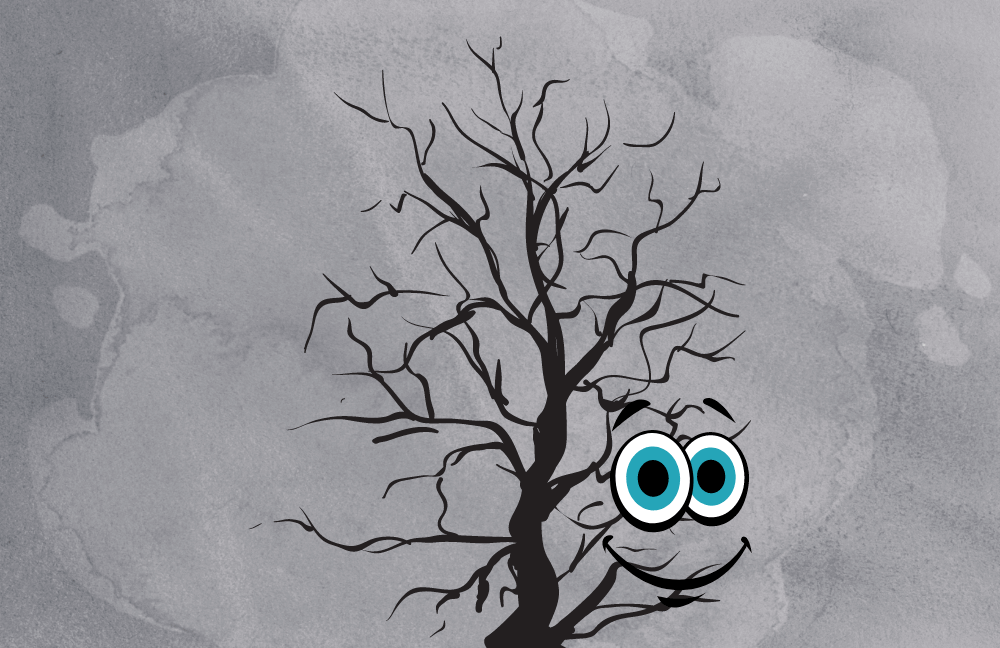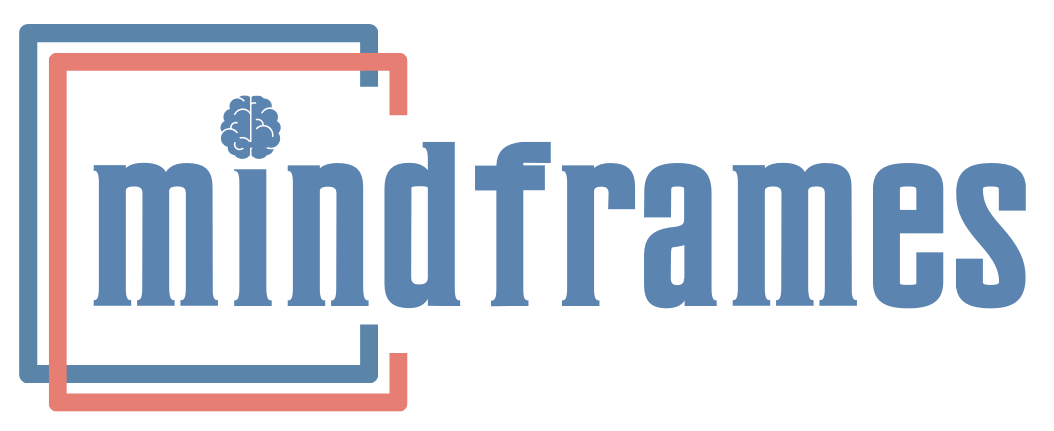Child Psychological Disorders
What Are Child Psychiatric/ Psychological Disorders?
Psychiatric or psychological disorders in children are a diverse group of conditions that primarily disrupt thinking, emotion, and behavioral control. A country as populous as India, is home to the world’s largest pool of young people. We house one fifth of the world’s adolescents who have one of the highest youth suicide rates globally.
Also, suicide is the leading cause of death in Indian youth, beating infection and accidents too. That speaks low of the emotional and psychological prowess of our kids. In general, the prevalence of some or the other psychological disorder in adolescents is 46.3% which is one in every two children. Parents seldom acknowledge that optimal mental health is critical to our children’s success in school, as well as through life.
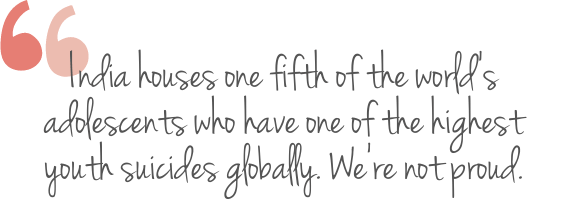
World Health Organization (WHO) Sees This
According to the WHO, children and adolescents bear an astronomical burden of psychological turmoil. Besides the burden of disability, they impose on the suffering child, they are associated with stigma and hence parents and children don’t want to discuss them.
These disorders among children are essentially serious changes in the way they typically learn, behave, or handle their emotions. This causes distress and makes it difficult for them to even get through the day. The WHO agrees that globally we need to enhance our efforts to reduce mental health disparities in children and make emotional care more accessible to them. Yet, therapy seems stigmatizing and denouncing to many parents.
Disorders in Children
- Academic Problems
- Anxiety in Childhood
- Attention Deficit Hyperactivity Disorder
- Autism Spectrum Disorder
- Bipolar Disorder in Children
- Conduct Disorder
- Depression in Childhood
- Eating Disorders (over or undereating)
- Encopresis (no bowel control)
- Enuresis (no bladder control)
- Language Disorders
- Learning Disabilities
Disorders in Children
- Obsessive Compulsive Disorder
- Oppositional Defiance Disorder
- Post-Traumatic Stress Disorder
- Relationships Problems
- Schizophrenia and Psychoses
- Schizophrenia in Childhood
- Selective Mutism
- Self-Harm, Suicidality, Suicide
- Separation Anxiety
- Social Anxiety (Phobia) Disorder
- Substance Use
- Underage Drinking
What Causes Psychological Disorders in Children?
There is no single reason that can be pinpointed to explain why, but evidence and research over the years explain a combination of genetic, biological, psychological and environmental contributors. High risk dynamics include a history of an emotional disorder in the family, significant traumatic life events, change of home or school, loss of a parent, divorce or separation, unstable home environment, acute or long-standing physical illness, or some specific medicines that interfere with the child’s brain chemical activity.
Also, their coping style, psychological defenses they have inculcated, the support system they perceive, and the way they react to events, all affect the way these are perceived by their brain and subsequently appraised as positive, negative or anxiety provoking. Children’s brains are evolving and their neuronal structures are still primitive. More the negative appraisal and experience at this age, greater the possibility of developing a disorder that extends into later life.
It’s OK for Children to not be OK
It is alright for children to feel a little sad, somewhat anxious, a bit worried and occasionally frustrated or irritated too. You must also recognize that it’s normal for kids to have waves of fleeting emotions. But these must not interfere with their everyday life like eating, sleeping, studies, friendships and relationships. When it’s getting out of hand, it’s time to take action against such negative thoughts, painful emotions and undesirable behaviors so that children can live life more productively and there is peace in the home too.
Take depression or anxiety for example. It can be a tough emotion for children to feel, accept and then confess, because they have learned that it is bad to be sad or anxious. It is like failure to them, it’s scary, and it’s destructive. And if they succumb to it, they believe it will never go away so they hide it from you. And we ourselves don’t want children to be victim to demeaning psychological problems like depression or anxiety.
So, as parents we hide and run from them too. But they catch up. You’ve got to stand up for your children and find a way to make it better for them. It’s OK for them to not feel OK. Because only when you realize they are not OK, you’ll take steps so that they get OK.
Some Signs in Children
- Feeling overwhelmed or anxious
- Saying they just cannot cope
- Not able to stay away from parents
- Excessive worry, fear or anxiety
- Sleeping more or less than usual
- Eating more or less than usual
- Low persistently negative mood
- Aches and pains everywhere
- Persistent nightmares or waking up
- Wanting to stay alone suddenly
- Avoiding their usual friends
- Talking of death or suicide
Some Signs in Children
- Sudden change in school grades
- Disobedience that is unusual
- Frequent outbursts of anger
- Stealing, damaging property
- Truancy (running away from school)
- Hyperactivity, cannot sit still
- Frequent temper tantrums
- Worrying about appearance
- Binge eating and vomiting
- Repetitive behavior (e.g. cleanliness)
- Hearing or seeing imaginary things
- A whiff of drugs and/or alcohol
How are Children’s Psychological Disorders Treated?
Psychiatric and psychological disorders in children are best treated with a holistic combination approach. Medication is best avoided and saved for dire situations. We focus on psychotherapy and use creative and innovative means to help children as well as parents cope. When treated well in time, children can fully recover from their emotional and behavioral issues. Some childhood psychological problems might still persist into adulthood, but when untreated, the effect is more severe and longer lasting. Please read about treatment of psychological problems in children to know more. Seek help now.
Dr Shefali Batra shared insights with Free Press Journal on Parenting Strategies for helping children.
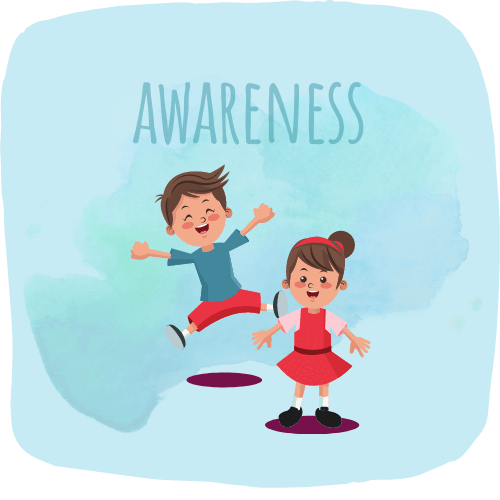
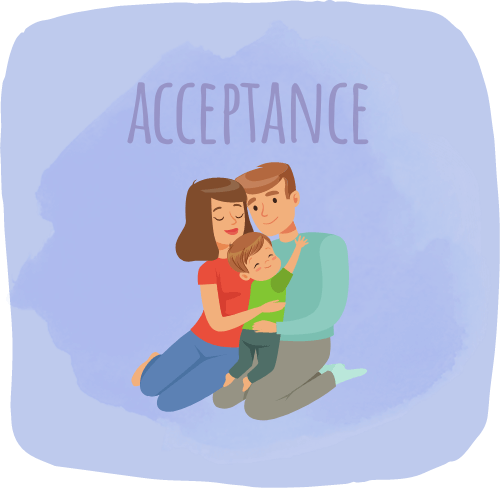
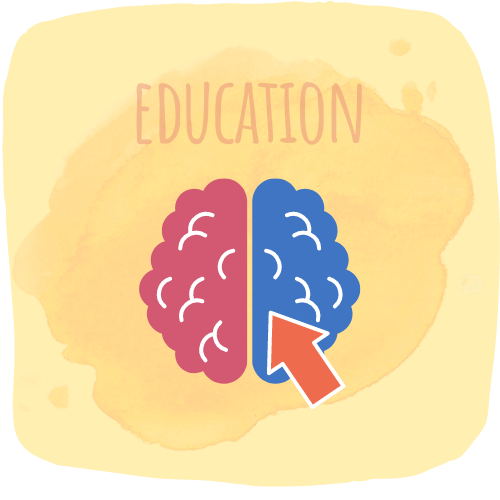
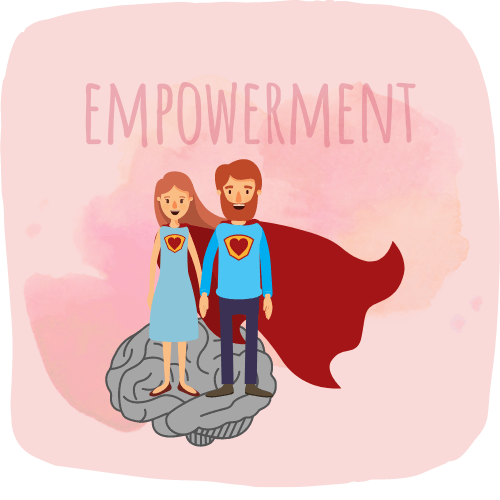
References
- Scott, J. G., Mihalopoulos, C., Erskine, H. E., et al., (2016). Childhood Mental and Developmental Disorders. In: Patel V, Chisholm D, Dua T, et al., editors. Mental, Neurological, and Substance Use Disorders: Disease Control Priorities, Third Edition (Volume 4). Washington (DC): The International Bank for Reconstruction and Development / The World Bank;Mar 14. Chapter 8.
- American Psychiatric Association: Diagnostic and Statistical Manual of Mental Disorders, 5th edition (2013). Arlington, VA., American Psychiatric Association.
- Merikangas, K.R., Nakamura, E. F., Kessler, R. C., (2009). Epidemiology of mental disorders in children and adolescents. Dialogues Clin Neurosci;11:7–20.
Latest Posts

7 Reasons Why You Should Seek Therapy
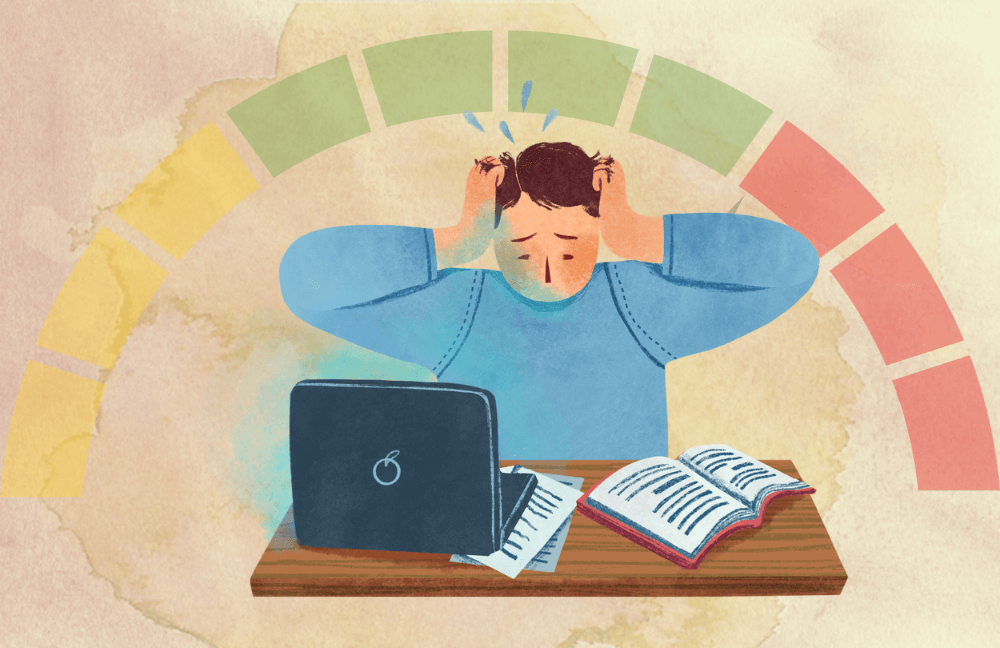
7 Questions About Workplace Stress Answered
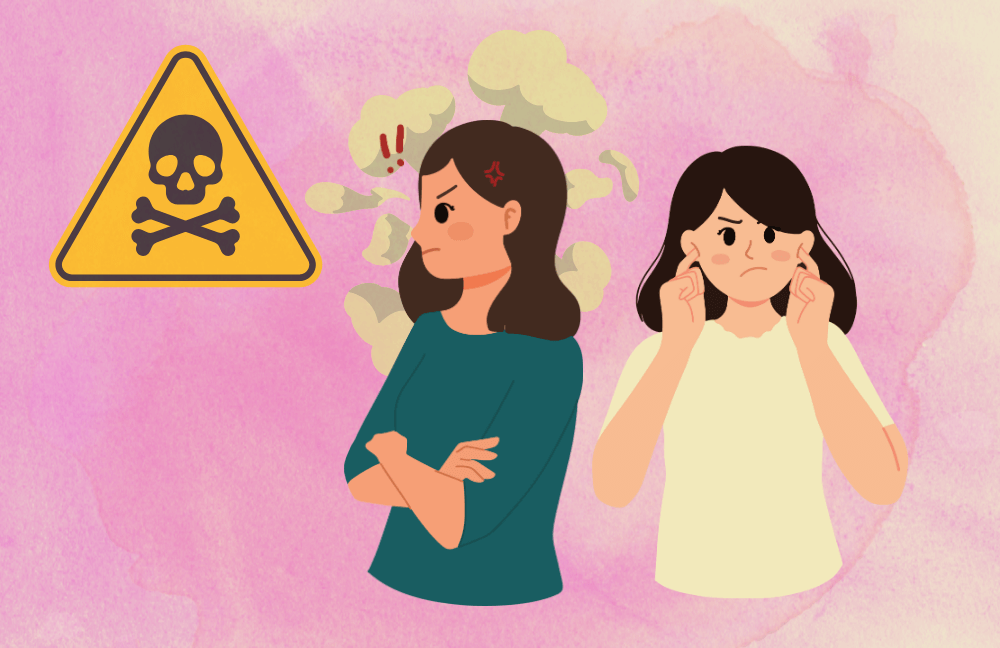
5 Ways To Deal With A Toxic Coworker
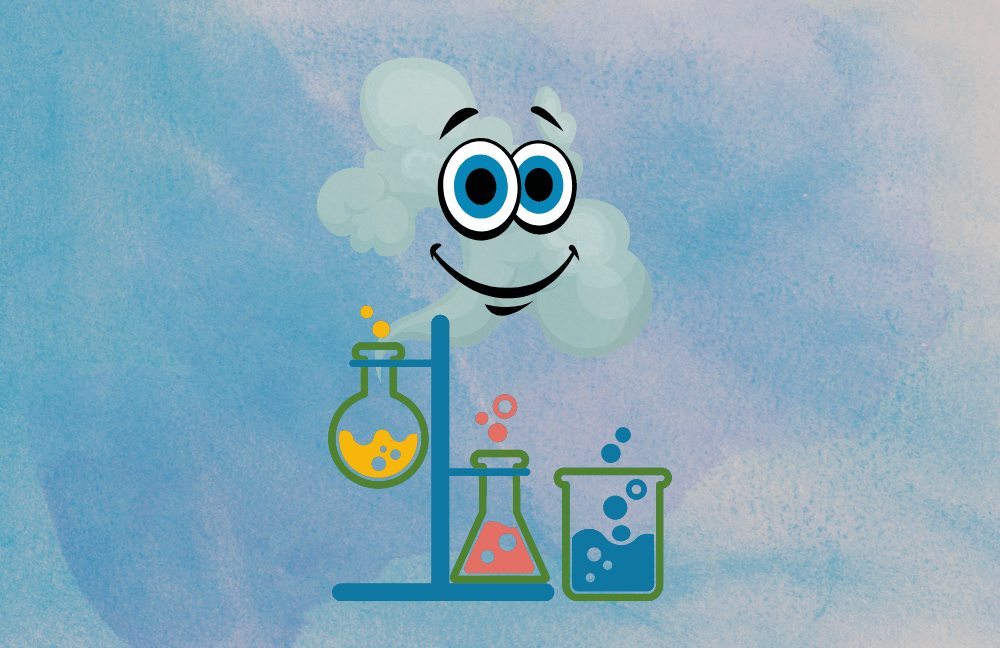
Science of Happiness: 1000s Of Years Of Research
